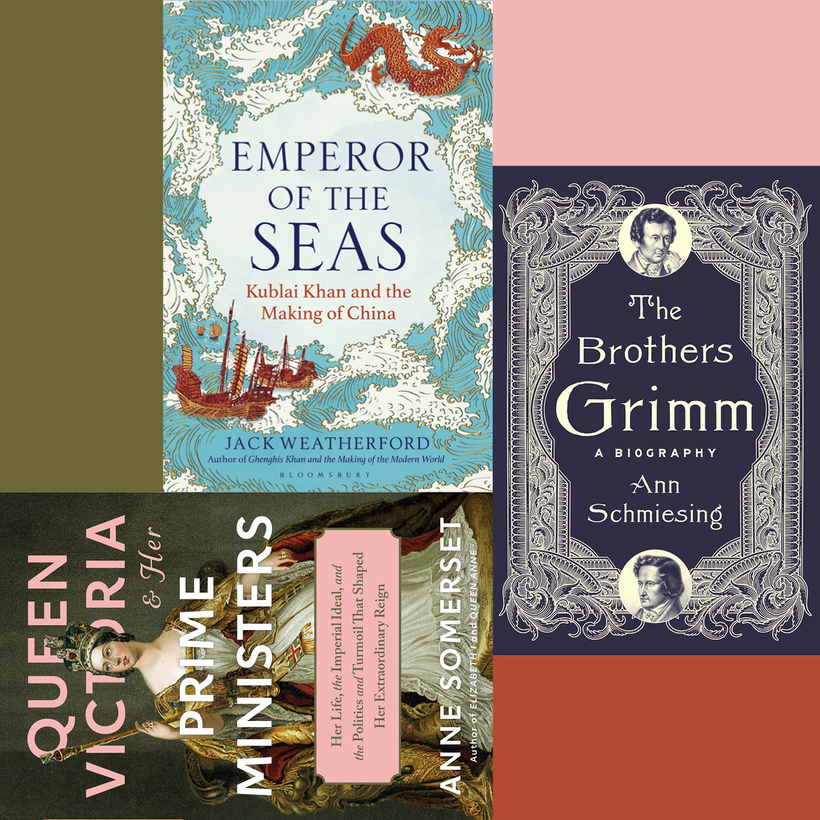The author has made a career of studying the Mongol Empire, a decision that paid off brilliantly in 2005 when he published Genghis Khan and the Making of the Western World, an epic tale wonderfully told that has since been translated into nearly three dozen languages. Now comes a sequel of sorts focusing on Kublai Khan, the grandson of Genghis, who in the early 13th century expanded by conquest what had been a landlocked empire under his grandfather into a naval empire. His life and accomplishments are utterly compelling, and Jack Weatherford does full justice to how Kublai Khan transformed China and world commerce centuries before Europe mastered the sea. In a bracing epilogue, the author sees the East and West now on equal footing, with the chapter yet to be written on whether peaceful coexistence is possible.
When Princess Victoria succeeded her uncle, King William IV, in 1837, she had just turned 18, which was significant because it meant she was old enough to rule on her own without the need for a regency. And rule Queen Victoria did, for nearly 64 years. Anne Somerset insists that she really did rule and did not simply reign over the British Empire, and she deftly makes the case by examining the Queen’s relationship with the 10 prime ministers who served during those years. She adored Benjamin Disraeli and detested William Gladstone, but, as Somerset points out, this did not stop Gladstone from becoming a more important figure in British history than Disraeli, thanks to his political reforms. Of course, Gladstone served four non-consecutive terms as prime minister over the space of more than 25 years, so perhaps familiarity bred contempt. Somerset has a sharp eye for character and a strong narrative gift for making parliamentary politics exciting, while never losing sight of the “stout little widow in a black bonnet” who ruled over a quarter of mankind.
Children’s and Household Tales may not be a familiar book title, since the world knows it best as Grimm’s Fairy Tales, which include “Snow White,” “Hansel and Gretel,” “Rumpelstiltskin,” and dozens of other stories that have frightened and enlivened readers ever since Jacob and Wilhelm Grimm published their collection in two volumes more than 200 years ago. The two brothers had rich careers that had nothing to do with fairy tales; Jacob did groundbreaking work in linguistics, and both embarked on an ambitious German dictionary. What Ann Schmiesing does so memorably and so well is place their lives and achievements in the context of the upheavals of the Napoleonic era in which they lived. Indeed, it was their fear that the forces of rapid change imperiled German folk culture that led them to collect their fairy tales and, in the long run, help shape a German identity for a patchwork of German-speaking lands that had not yet become a nation. The Brothers Grimm is a pleasure to read, and in its own way is as captivating as any tale that begins with “Once upon a time … ”
Jim Kelly is the Books Editor at AIR MAIl

